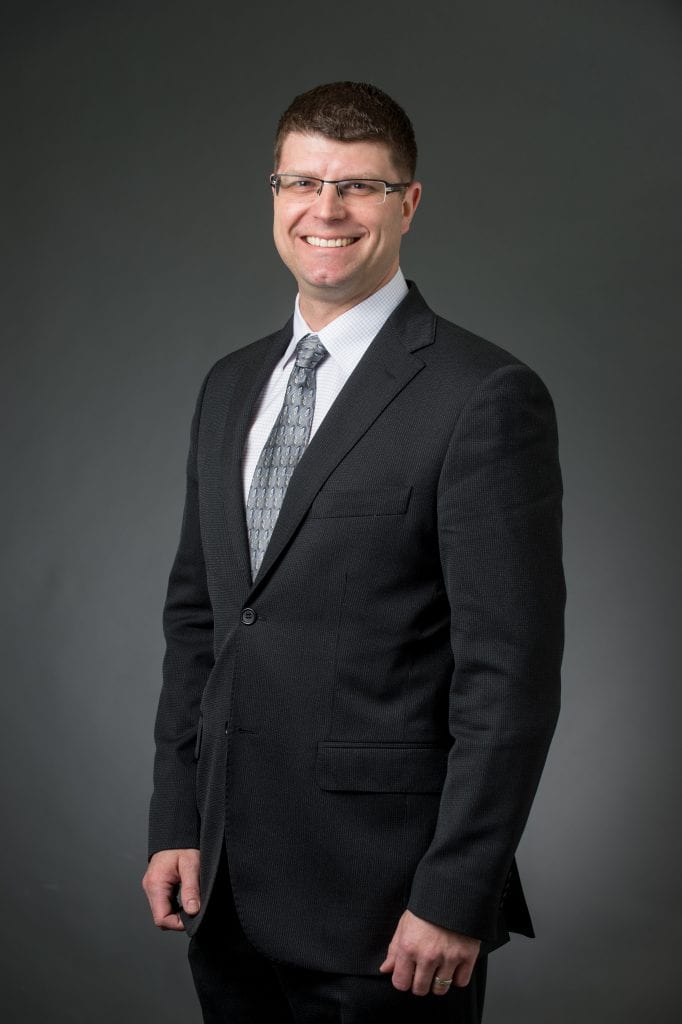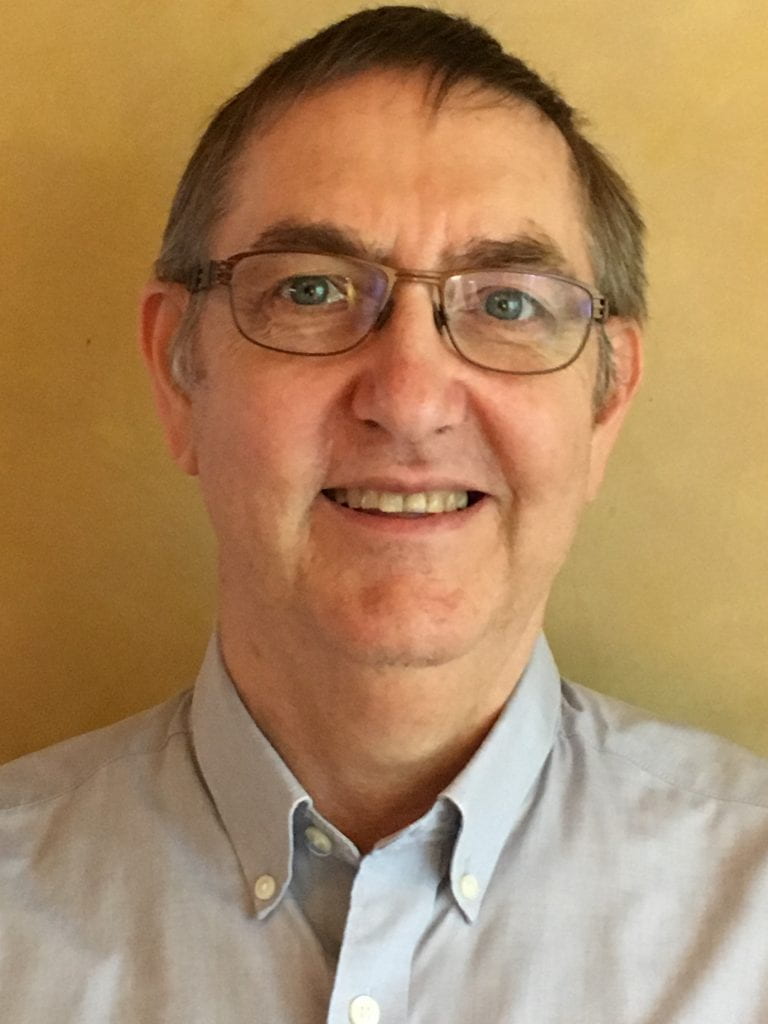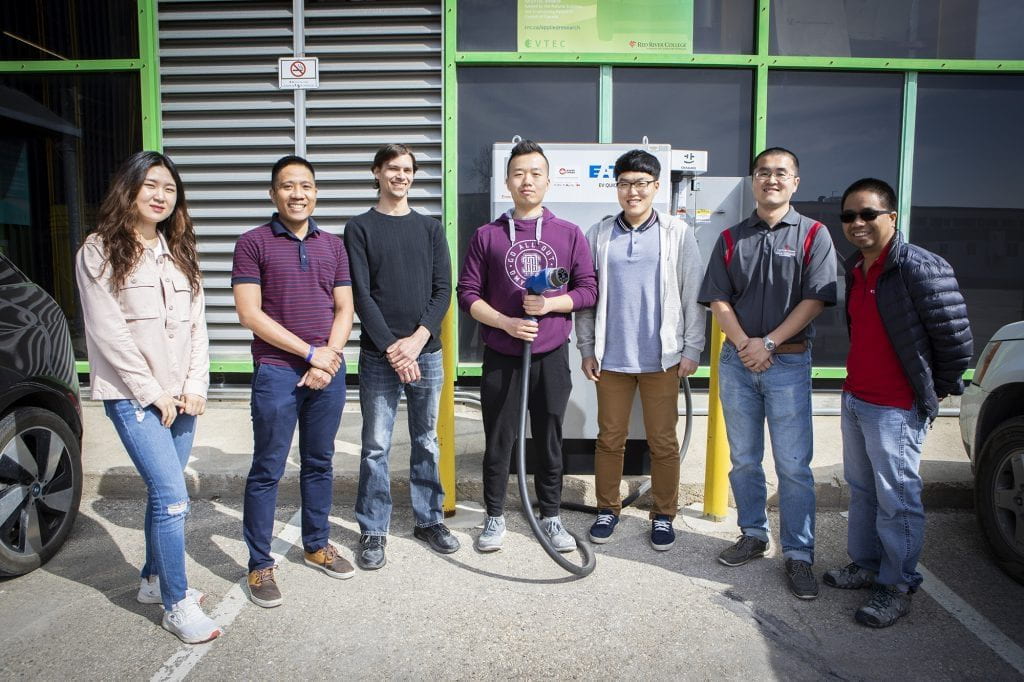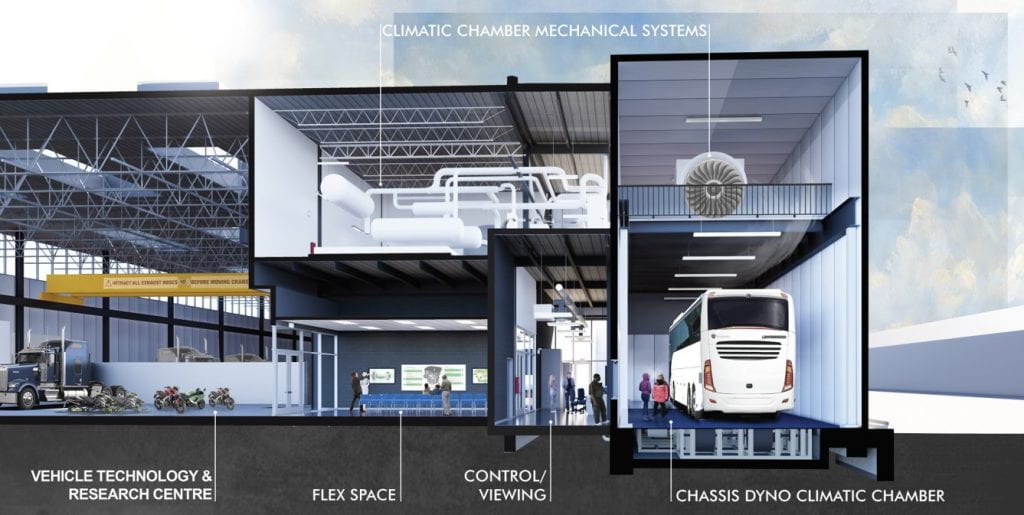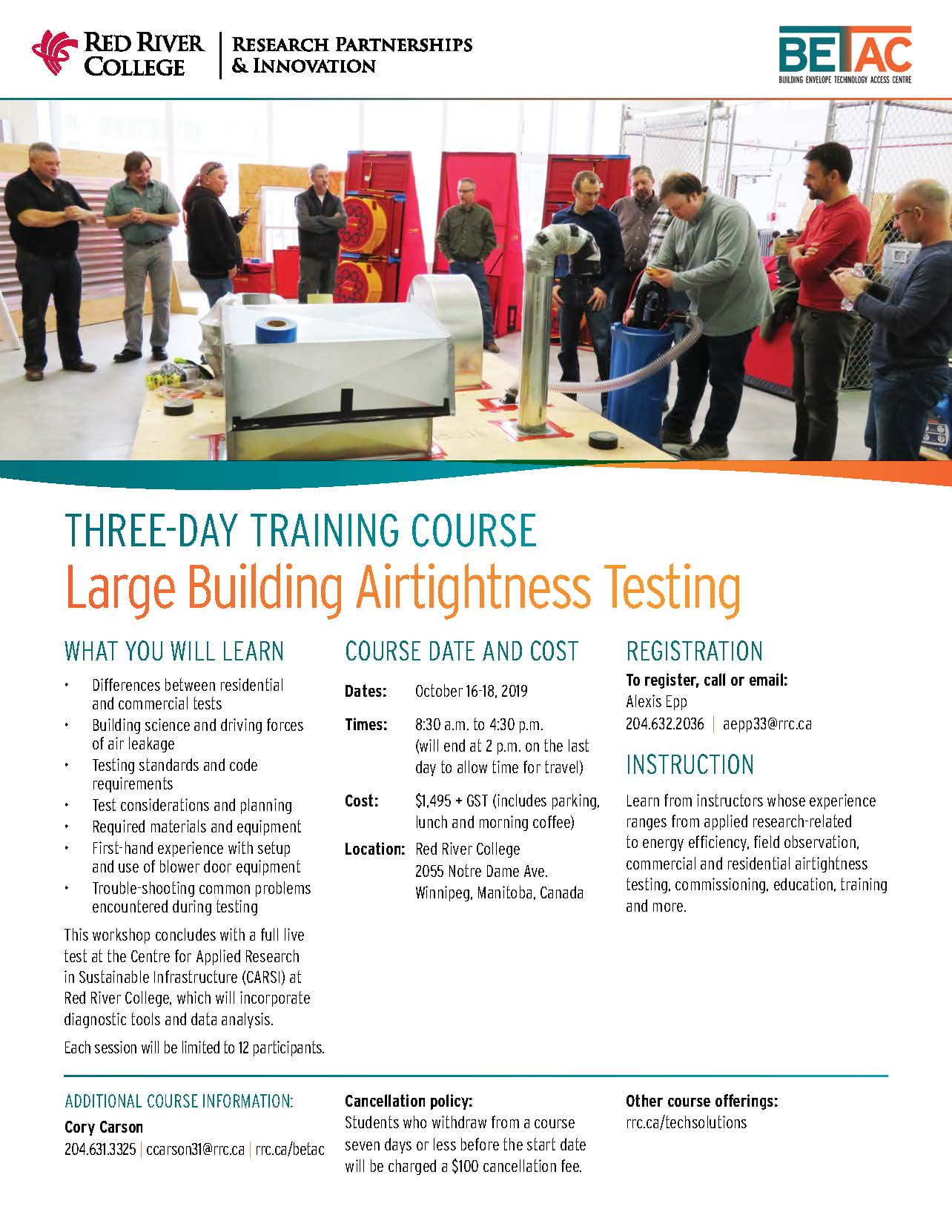Report on Air Filtration: Cost of Air Sealing Measures
Over the last 30 to 40 years, hundreds of thousands of Canadian homes have been retrofitted to reduce energy consumption. These retrofits have included measures to reduce air leakage, increase the thermal resistance of the building envelope and replace or upgrade mechanical systems. Natural Resources Canada (NRCan) has been a central player in this field and has worked closely with provincial and territorial governments as well as various energy utilities to establish programs capable of assisting those who wish to retrofit their home. As part of these initiatives, approximately 950,000 houses have received pre-retrofit airtightness tests. Out of these, close to 780,000 have also had post-retrofit tests performed.
To read more, please download the full report: Air Filtration – Cost of Air-Sealing Measures – a report prepared for Sustainable Buildings and Communities CanmetENERGY, Natural Resources Canada, by Proskiw Engineering Ltd.


